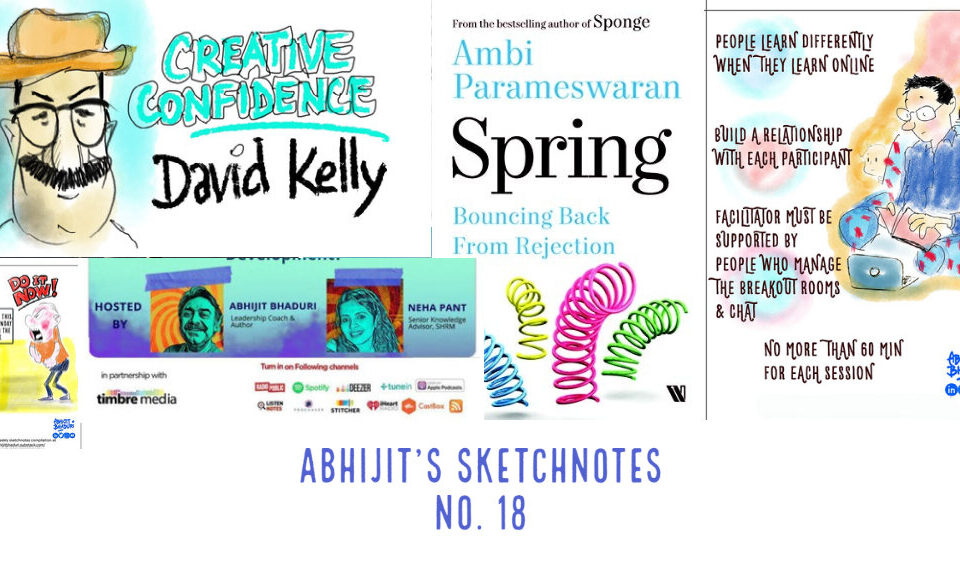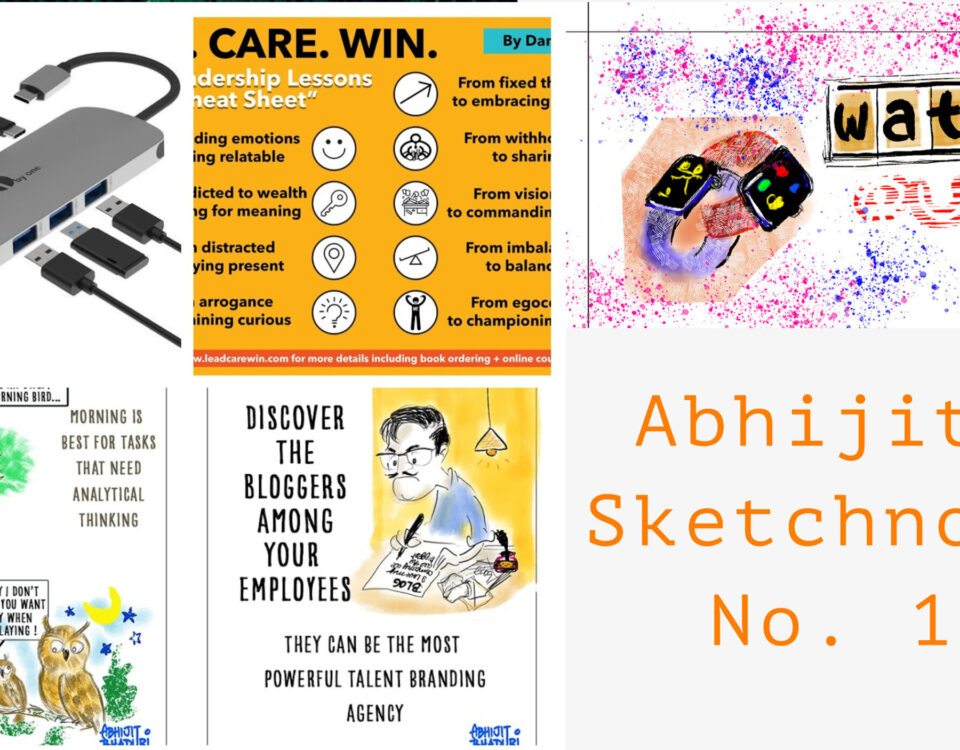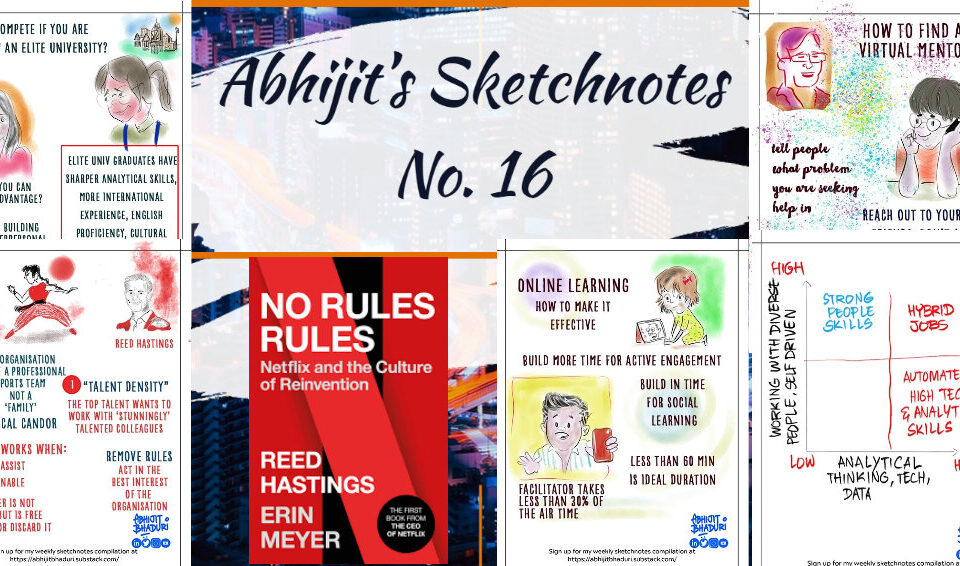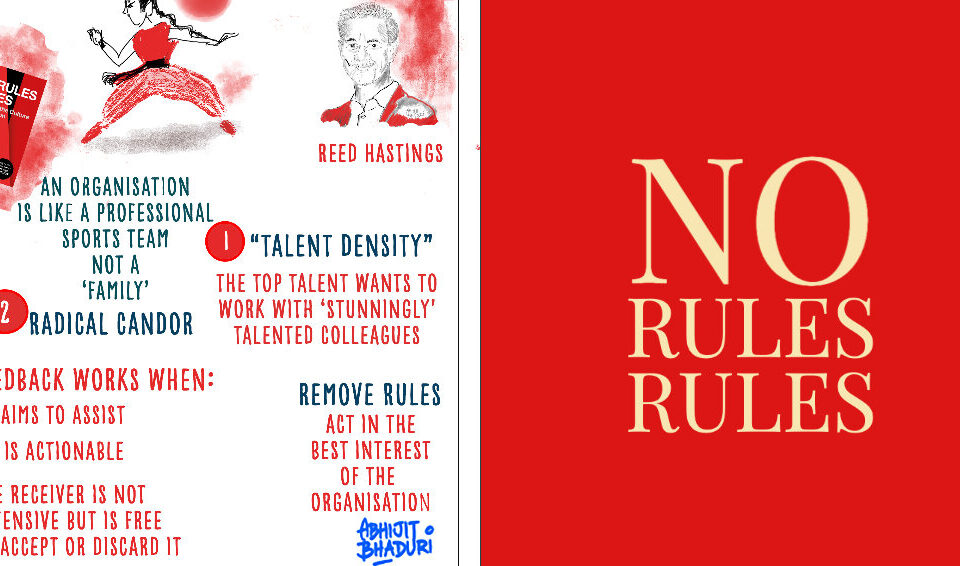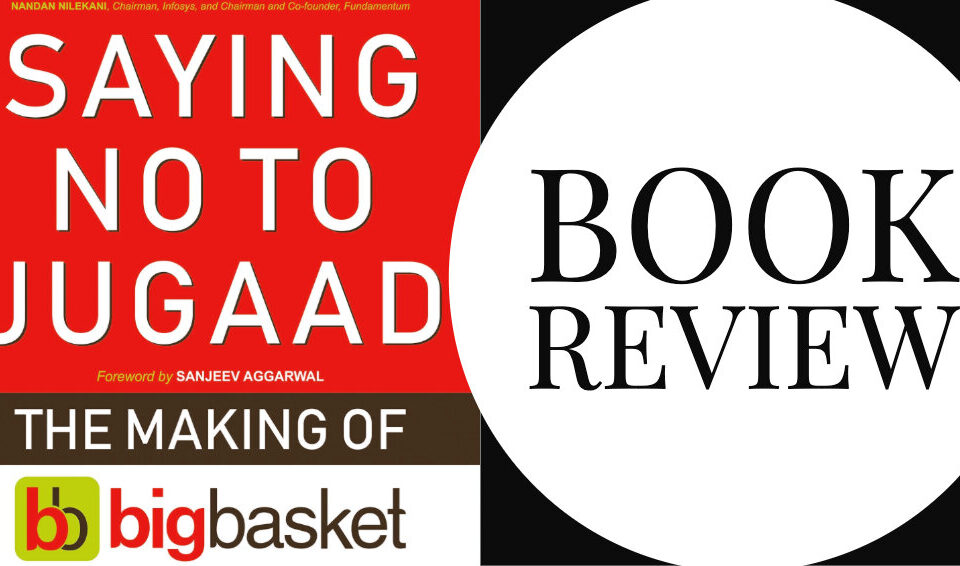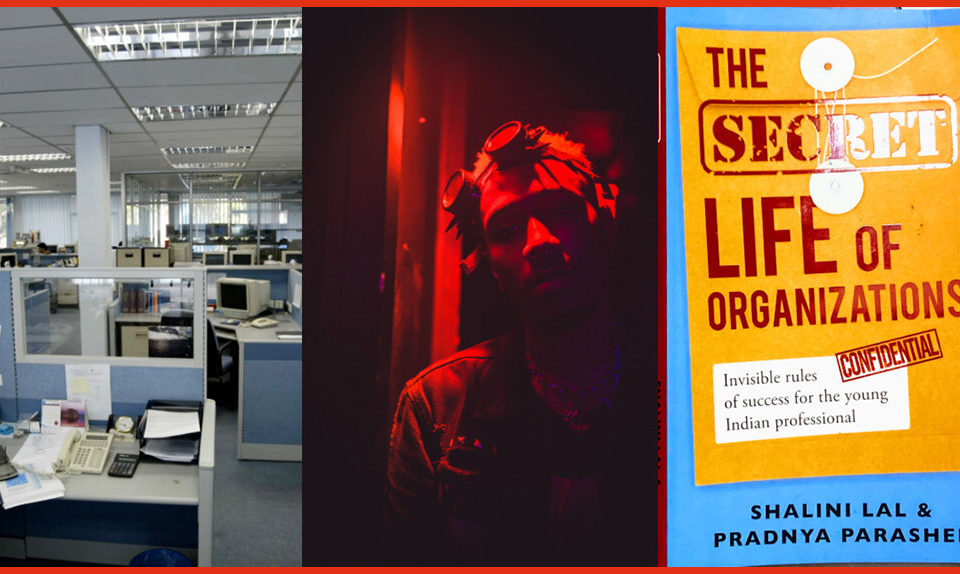Most people underestimate the value of likability in their career. When you make a mistake, people are likely to give you a second chance if they like you. Else they will pull out a rule book and tell you why you have not done what you must.
If you’re a morning person, you should do your analytical work early when you’re at peak alertness; your routine tasks around lunchtime in your trough; and your creative work in the late afternoon or evening when you’re more likely to do nonlinear thinking. The reverse holds true if you are a night owl.
I was once talking to the founder of a startup who wanted to build the culture of Google in his firm. He wanted to benchmark the ‘best practices’ of Google’s culture of innovation and that is how he implemented this policy in his 50-person startup. Every employee in that tiny startup had to work on a personal project. Two months later a few employees came to the founder and asked for permission to work from home so that they could work together undisturbed on a secret project they had come up with.
Can you find a virtual mentor even as you are locked up at home? That is what elite universities provide - great teachers and great mentors. Does that justify the premium they are paid? If you are NOT from an elite institute, is there any way you can compete? Yes, and it is something you can do today.
Talent Density is all about constantly culling the average performer. Think of it as the dreaded bell-curve on steroids. The Netflix culture site says, "Our version of the great workplace is a dream team in pursuit of ambitious common goals, for which we spend heavily. It is on such a team that you learn the most, perform your best work, improve the fastest, and have the most fun."
“Saying No to Jugaad” is the story of Bigbasket’s business strategy, culture and its desire to build a culture that puts the customer at the center. There are some interesting questions posed. Is is better to be tech-driven or tech-enabled. Most start-ups fall into one of two categories: a) those that are tech-first, where one of the co-founders is also the CTO. The perspective in these start-ups is often, ‘How can we leverage technology to build new businesses?’; and b) those that are tech-enabled, where the CTO is almost always not a founder. The perspective here is, ‘How can technology enhance the effectiveness of our business?’
The settings are varied. What goes on behind the scenes when two star musicians from India and Pakistan share the stage in a concert for peace? A small-town music teacher and a big-city businessman team up. They plan a hunt for India’s best new classical talent—and make a few crores in the process? How does it end? Shubha Mudgal writes about these from the point of view of an insider. That is why each story is so true. The tone is funny but there is a tinge of sadness I felt right through even as I laughed. The stories have a wicked humor that comes from someone who has seen these characters at close quarters.
The Secret Life of Organizations written by Shalini Lal and Pradnya Parasher is that map that tells the young Indian professional how to make sense of the chaos in organizations. The authors use their own experience of working across a variety of organizations and their expertise in Organizational Psychology to tell the novice how to decode what they see. They do so with short cases and examples.

